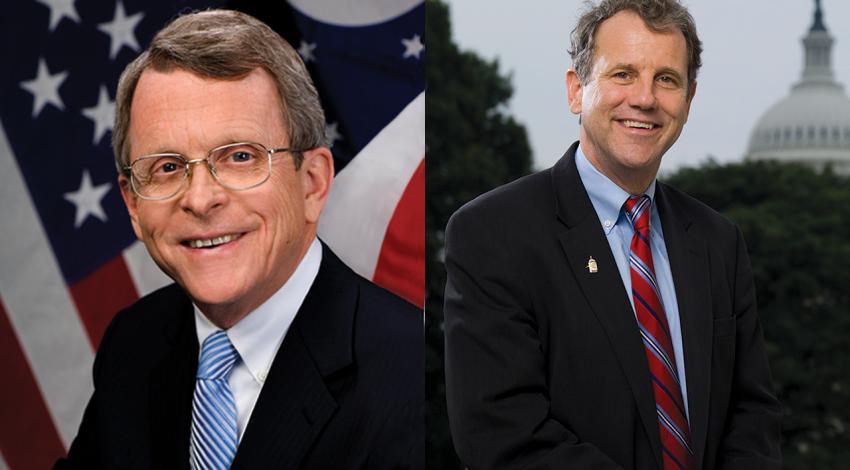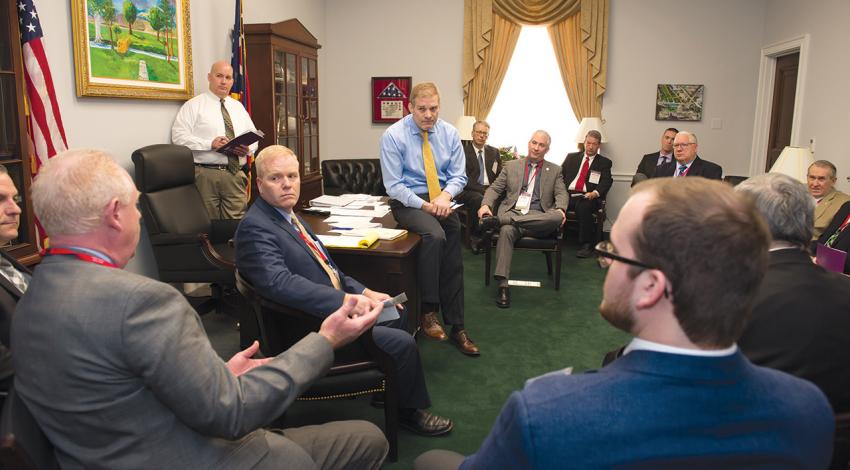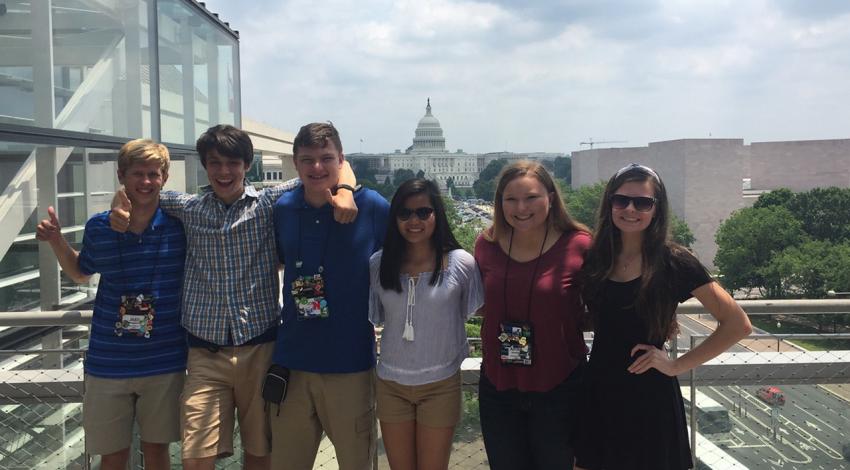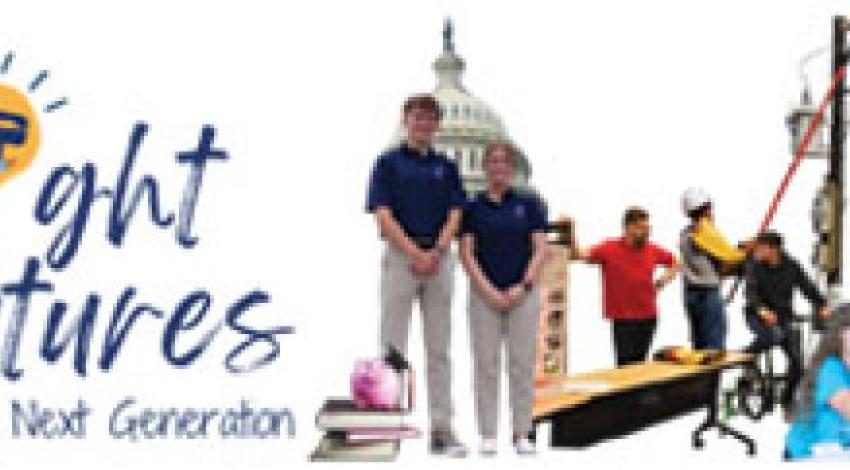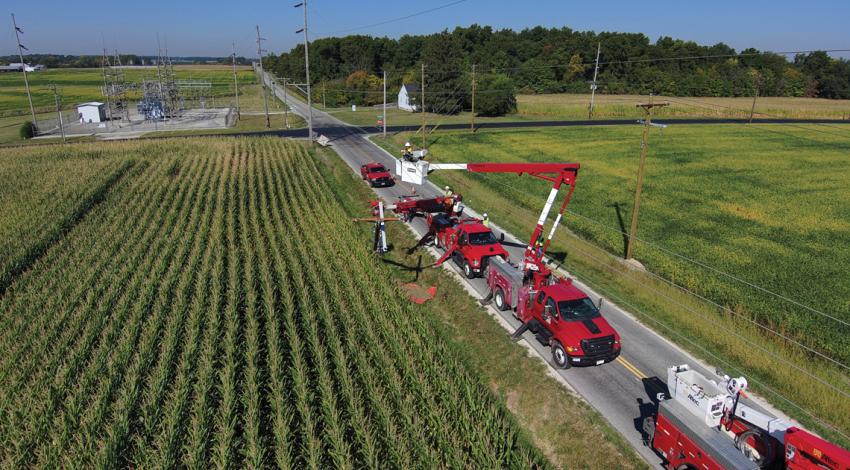Ohioans face some significant choices as they enter the voting booth next month — not the least of which are whom to elect as the next governor and which candidate will best represent the state in the U.S. Senate.
Knowing the importance of electric cooperative voters in the campaigns, the major-party candidates for the two offices took some time recently to answer questions that are crucial to Ohio Cooperative Living readers.



